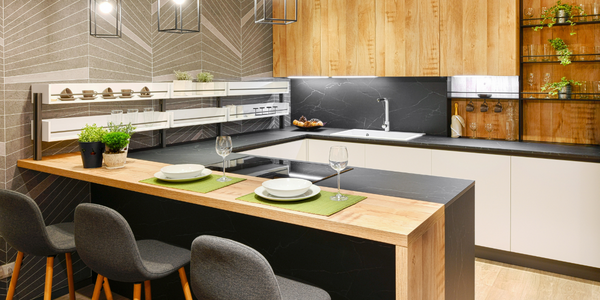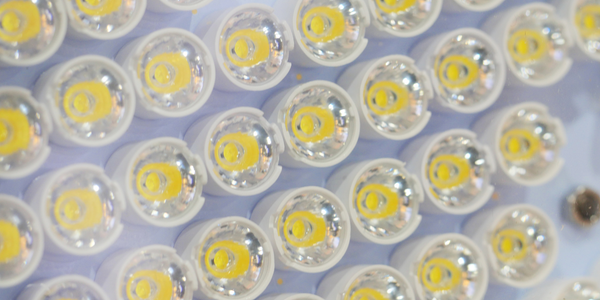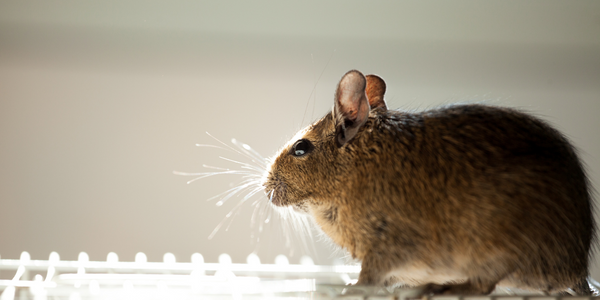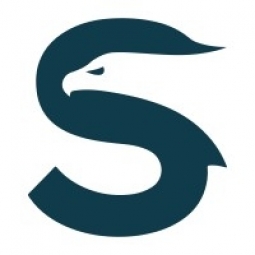公司规模
Large Corporate
地区
- America
国家
- United States
产品
- POLYWOOD lumber
- Outdoor dining furniture
- Adirondack chairs
- Benches
- Swings
- Chaise lounges
技术栈
- Acumatica
- ShipHawk
实施规模
- Enterprise-wide Deployment
影响指标
- Productivity Improvements
- Cost Savings
技术
- 功能应用 - 企业资源规划系统 (ERP)
- 功能应用 - 仓库管理系统 (WMS)
适用行业
- 消费品
适用功能
- 物流运输
- 仓库和库存管理
用例
- 库存管理
- 仓库自动化
服务
- 系统集成
关于客户
POLYWOOD is a company that was founded in 1990 by two friends who wanted to develop functional furniture that could withstand the test of time, but was also sustainable and beneficial for future generations. They used old milk jugs, detergent bottles and other recyclables to create POLYWOOD lumber, a durable, weather-resistant material that forms the basis for all of the company’s products. POLYWOOD is based in Syracuse, IN, and its outdoor dining furniture, Adirondack chairs, benches, swings, chaise lounges and other products can be found in major retail stores, wholesale clubs and just about everywhere furniture is sold.
挑战
POLYWOOD, a company that manufactures outdoor furniture from recycled materials, was experiencing rapid growth and needed a shipping solution that could scale with its expansion. The company was manually processing every order, which was a barrier to growth. The IT department was spending a significant amount of time supporting the team to ensure labels were printing out at the correct times and that user settings were accurate for the numerous systems they were using. POLYWOOD also needed a shipping solution that would integrate seamlessly with Acumatica, their ERP system, and sync order and shipment fulfillment data.
解决方案
POLYWOOD implemented ShipHawk, a shipping solution that streamlined its order fulfillment process and scaled batch processing. The warehouse team at POLYWOOD can now assign orders to batches and group them by things like SKU, bin number, created date, or recipient, not just for better organization and visibility, but also to expedite actions on a larger group of orders. ShipHawk's API-based integration enabled smarter decision making and was flexible enough to be used in many workflows of the business, whether it's helping POLYWOOD make smarter decisions about where to manufacture or enabling the company to give the customer better information to make choices about shipping before they even check out the website.
运营影响
数量效益

Case Study missing?
Start adding your own!
Register with your work email and create a new case study profile for your business.
相关案例.
.png)
Case Study
Improving Vending Machine Profitability with the Internet of Things (IoT)
The vending industry is undergoing a sea change, taking advantage of new technologies to go beyond just delivering snacks to creating a new retail location. Intelligent vending machines can be found in many public locations as well as company facilities, selling different types of goods and services, including even computer accessories, gold bars, tickets, and office supplies. With increasing sophistication, they may also provide time- and location-based data pertaining to sales, inventory, and customer preferences. But at the end of the day, vending machine operators know greater profitability is driven by higher sales and lower operating costs.

Case Study
Series Production with Lot-size-1 Flexibility
Nobilia manufactures customized fitted kitchens with a lot size of 1. They require maximum transparency of tracking design data and individual processing steps so that they can locate a particular piece of kitchen furniture in the sequence of processes.

Case Study
American Eagle Achieves LEED with GE LED Lighting Fixtures
American Eagle Outfitters (AEO) was in the process of building a new distribution center. The AEO facility management team decided to look at alternate options for lighting layout that could provide energy and maintenance savings. AEO would need a full-time maintenance employee just to replace burned-out fluorescent tubes.

Case Study
Revolutionizing Rodent Control
From pet- and child-safe traps, to touch-free and live-catch rodent control solutions, Victor continues to stay committed to producing superior products that meet the varying needs of today’s pest control professionals. And, with a long standing history supporting customers in the food processing, service, and retail settings, Victor knew that strict regulations were costing organizations thousands of dollars in excess overhead trying to manage their rodent-control solutions. Trap inspections in these environments are often difficult and time consuming, requiring personnel to manually check a trap’s status multiple times per day, amounting to over six hours of manual labor. Victor is looking for an innovative way to increase operational efficiencies with the use of technology.









